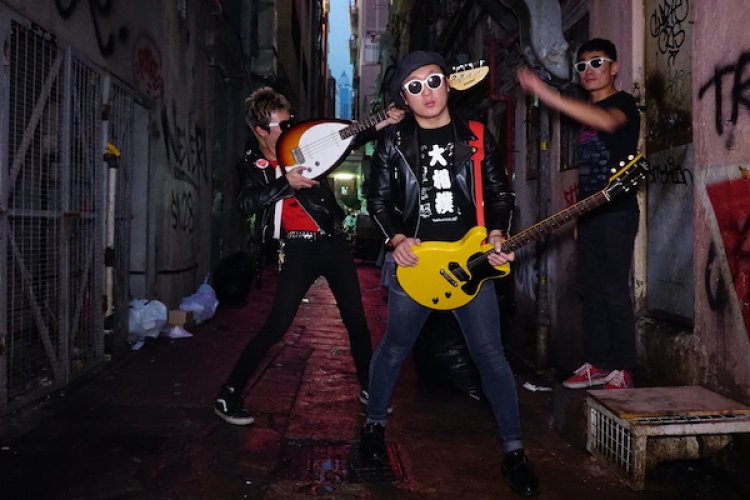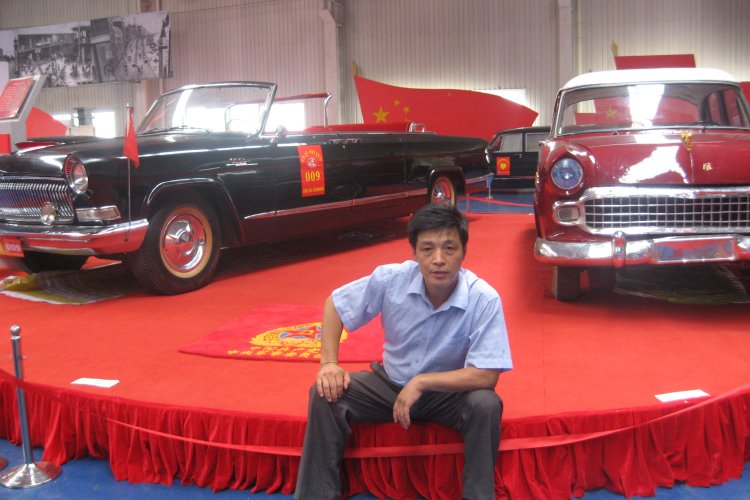Media Players: David O'Dell, author of Inseparable: The Memoirs of an American and the Story of Chinese Punk Rock
For our September Music Issue, we asked a selection of the city's music experts for their take on the current state of the 'scene' here in the capital. Now it's the turn of the city's media players. The figures that shape the city musically, their first hand insight provided some cause for optimism, and some sobering conclusions. Up next, David O'Dell, author of Inseparable: The Memoirs of an American and the Story of Chinese Punk Rock.
Describe your book in less than 20 words.
My book is a deep dive into the history of China's punk rock revolution. It is a personal journey of my times connecting with the earliest punk bands and producing the earliest punk shows. I was very fortunate to be considered one of the founders because I was one of the earliest supporters.
Why do you find Chinese music so compelling to write about?
I find the language itself compelling, I find punk rock compelling, I find a population of good friends of another culture compelling, I find political pressure and social change compelling. Put all these together and I'm very compelled to enjoy the creativity that springs from this.
How do you think independent Chinese music has progressed since you started your blog/website?
I see Chinese punk rock on the same road as Western punk rock; it has gone mainstream and that's normal. I see the new underground of electronic and DIY music coming up now with bands like Soviet Pop and labels like Maybe Mars and Genjing Records supporting their efforts.
What trends have you noticed in Chinese music recently?
Punk's doing electronic music.
What's the best act you've seen in the last 12 months?
Best Chinese act would be still one of my favorites, Car Sick Cars. I really like their layering and voices. It reminds me of My Bloody Valentine in some ways.
What would you like to see for the future of Chinese music in five years time?
I would like to see more charity events. I think the new direction of punk rock all around the world is to be charitable. Personally, I am targeting our charity dollars at Half the Sky, a well managed Chinese orphanage that performs a lot of free medical treatments to children with cleft palate and club foot. Punk rock is now able to run and I'd like to see it have a united purpose – unlike most other genres.
Why do you think it's difficult for Chinese acts to get international recognition?
In my opinion it's not the language, I feel it's the type of act. There's plenty of Chinese acrobats and sexy violinists traveling around the world – none of them sing – and are wildly popular here in the USA. For Chinese singers that I've seen touring here in the USA, many of them sing at least half their set in English. For a Chinese album to make it big [in the States], it would need to be pop in genre, perfect in English grammar and voice, the act would have to be wildly unique and good looking, as well as have a lot of major label support. In other words, absolute crap. A Chinese act in Asia can make it quite big without changing, but crossing the divide is difficult, not even big acts like Coco are able to sustain record sales beyond Canada.
Click here to see the September issue of the Beijinger in full.
Photo: Mitchell Pe Masilun






